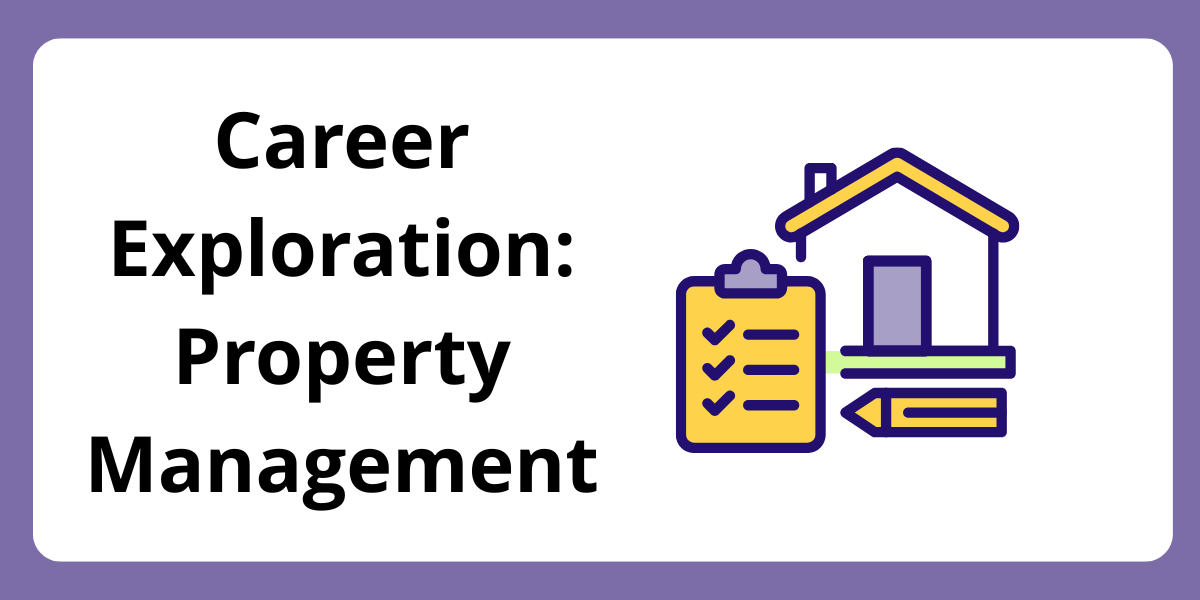Best Of
Dynamic Duos in Healthcare: How Speech & Occupational Therapists Work Hand-in-Hand! 🤝
Ever wonder how different healthcare professionals tag-team to help people get back on their feet? Let's talk about the partnership between Speech-Language Pathologists (SLPs) and Occupational Therapists (OTs)!
So, what do they do?
- SLPs focus on communication, thinking skills, and swallowing. For example, if a patient is struggling to speak, understand, remember things, or even eat safely, an SLP is the go-to.
- OTs focus on helping their patients get back to everyday life. Whether it's getting dressed, cooking, getting around their home, or returning to work/school, OTs teach their patients the skills and adaptations they need to do the things that matter most to them.
Where do they team up?
It's common to see SLPs and OTs team up in helping patiens with recovering from things like a stroke, brain injury, or even helping kids with developmental delays. An SLP might help their patient with finding their words again, while an OT helps them manage dressing thelmselves with new challenges. Or, an SLP might work on memory strategies while an OT helps them adapt to their home environment to make tasks easier.
This kind of teamwork ensures patients get all the support they need, both for communicating and for living on their own. It's more than just helpful; it often means quicker progress, a better quality of life, and a whole lot more independence for the person getting back on their feet.
SLPs and OTs are just one of the many dynamic duos in the healthcare field. We'd love to hear about your experiences with them or other medical partnerships in the comments below!💬
👋 Ever Wondered What a Property Manager Does? Let's Dive In!
Let’s talk about Property Management - a career that blends real estate, finance, customer service, and operations.
🤔 What exactly IS a Property Manager?
At the core, a Property Manager is a professional responsible for the day-to-day operations, financial oversight, and maintenance of real estate properties on behalf of property owners. Think of them as the orchestrators behind the scenes, ensuring properties run smoothly, tenants are happy, and the owner's investment is protected and growing.
Whether it's a bustling apartment complex, a commercial office building, or a portfolio of single-family homes, property managers are vital for maximizing a property's value and profitability.
🔑 Top Responsibilities of a Property Manager:
While the role can vary, here are some of the most common and crucial responsibilities:
- Tenant Management: This is huge! From marketing vacant units and screening prospective tenants to drafting leases, collecting rent, handling maintenance requests, and even managing evictions – they're the primary point of contact for residents.
- Financial Oversight: Property managers are deeply involved in the money side. They create budgets, track income and expenses, provide financial reports to owners, and ensure profitability.
- Property Maintenance & Operations: Keeping a property in top shape is key. This includes scheduling routine maintenance, overseeing repairs, managing vendors (plumbers, electricians, landscapers), and conducting regular property inspections.
- Legal & Regulatory Compliance: Navigating complex landlord-tenant laws, fair housing regulations, and local building codes is a critical part of the job to ensure everything is above board.
- Marketing & Leasing: For rental properties, they're responsible for attracting new tenants, showcasing units, and ensuring properties are occupied to minimize vacancies.
As a previous property manager myself, I can tell you this career has its challenges but it’s also rewarding. Look at that, a career pivot right here on the Kaplan Community Team.
Do you have questions? What are your thoughts about property management? Share below!
Specialization Spotlight: Artificial Intelligence (AI) Law
In an era defined by rapid technological advancement, Artificial Intelligence (AI) has moved from the realm of science fiction to a pervasive force reshaping industries, economies, and daily lives. From autonomous vehicles and sophisticated medical diagnostics to generative content and predictive analytics, AI's applications are boundless. Yet, with this incredible potential comes a complex web of legal and ethical challenges, giving rise to an urgent and ever-evolving specialization: Artificial Intelligence (AI) Law.
AI law encompasses the legal issues arising from the development, deployment, and use of AI systems. It's a field where established legal principles collide with novel technological realities, demanding innovative thinking and deep interdisciplinary understanding. For legal professionals, AI law isn't just a niche; it's an increasingly vital area that intersects with almost every traditional practice, from corporate compliance and intellectual property to litigation and human rights.
The demand for legal professionals skilled in AI law is skyrocketing. As businesses across all sectors integrate AI, they face unprecedented legal risks and compliance hurdles.
For those interested in exploring AI Law, consider the following:
- American Bar Association (ABA) Section of Science & Technology Law: Offers resources, committees, and publications focused on AI.
- Local Bar Association Sections: Check if your local or state bar associations have technology or IP sections that address AI.
- Networking: Connect with professionals already working in this space, including lawyers, technologists, and policymakers.





